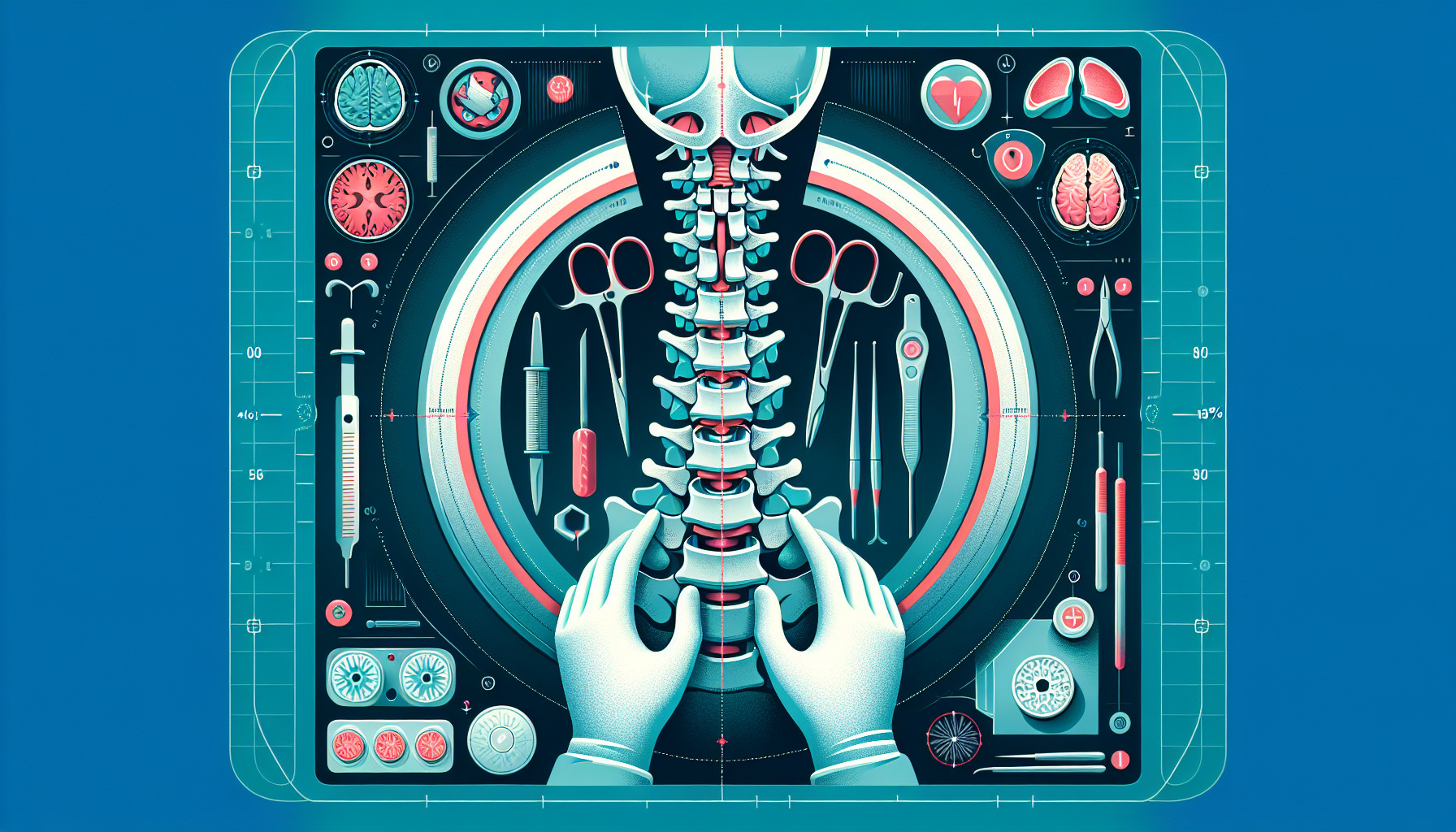Neurosurgery
Articles and resources for Neurosurgery.
Neurosurgery is a medical specialty that focuses on diagnosing and treating conditions related to the brain, spinal cord, and nervous system. Common reasons individuals may encounter neurosurgery include traumatic injuries, tumors, spinal disorders, and neurological diseases such as epilepsy or Parkinson’s disease. Patients may experience symptoms like severe headaches, seizures, or mobility issues, prompting them to seek specialized care. Neurosurgeons work to alleviate these conditions through surgical and non-surgical methods, aiming to improve quality of life and restore function.
Neurosurgical care typically takes place in hospitals, specialized clinics, or academic medical centers. A team of professionals often collaborates in this field, including neurosurgeons, neurologists, radiologists, and physical therapists. Coordinating care involves thorough communication among these specialists, ensuring that each aspect of a patient’s condition is addressed comprehensively. This multidisciplinary approach helps tailor treatment plans to individual needs, enhancing the overall effectiveness of care.
Common evaluations in neurosurgery include imaging studies like MRIs or CT scans, which help visualize the brain and spinal structures. Procedures may range from minimally invasive techniques, such as endoscopic surgeries, to more extensive operations like craniotomies or spinal fusions. These interventions aim to remove tumors, relieve pressure on nerves, or stabilize the spine. The choice of evaluation and procedure depends on the specific diagnosis and the patient’s overall health.
While neurosurgery can offer significant benefits, such as pain relief and improved neurological function, it also carries considerations and risks. Surgical interventions can lead to complications like infection, bleeding, or neurological deficits. Patients may require rehabilitation following surgery to regain strength and function. Referrals to neurosurgery often occur when other treatments have not provided relief, or when a diagnosis necessitates surgical intervention. Overall, individuals can expect a thorough evaluation and a collaborative approach to their care, with ongoing support throughout the treatment process.

Brain Surgery
Articles and resources for Brain Surgery in Neurosurgery.
Craniotomy
Articles and resources for Craniotomy in Neurosurgery.
Detethering Surgery
Articles and resources for Detethering Surgery in Neurosurgery.
Discectomy
Articles and resources for Discectomy in Neurosurgery.
Lumbar Fusion
Articles and resources for Lumbar Fusion in Neurosurgery.
Microdiscectomy
Articles and resources for Microdiscectomy in Neurosurgery.
Spinal Decompression
Articles and resources for Spinal Decompression in Neurosurgery.
Spinal Fusion
Articles and resources for Spinal Fusion in Neurosurgery.
Spinal Laminectomy
Articles and resources for Spinal Laminectomy in Neurosurgery.
Spinal Surgery
Articles and resources for Spinal Surgery in Neurosurgery.
Brain Surgery
Articles and resources for Brain Surgery in Neurosurgery.
Craniotomy
Articles and resources for Craniotomy in Neurosurgery.
Detethering Surgery
Articles and resources for Detethering Surgery in Neurosurgery.
Discectomy
Articles and resources for Discectomy in Neurosurgery.
Lumbar Fusion
Articles and resources for Lumbar Fusion in Neurosurgery.
Microdiscectomy
Articles and resources for Microdiscectomy in Neurosurgery.
Spinal Decompression
Articles and resources for Spinal Decompression in Neurosurgery.
Spinal Fusion
Articles and resources for Spinal Fusion in Neurosurgery.
Spinal Laminectomy
Articles and resources for Spinal Laminectomy in Neurosurgery.
Spinal Surgery
Articles and resources for Spinal Surgery in Neurosurgery.